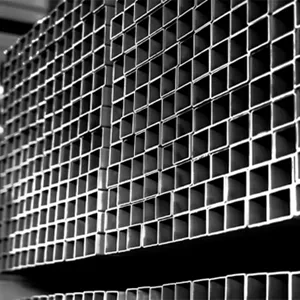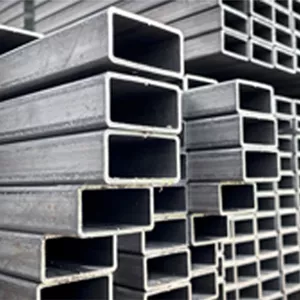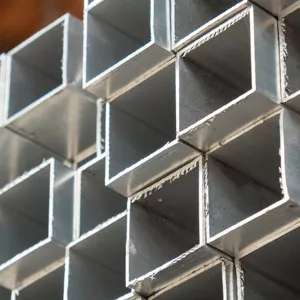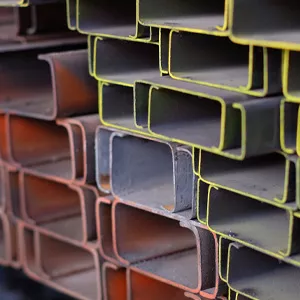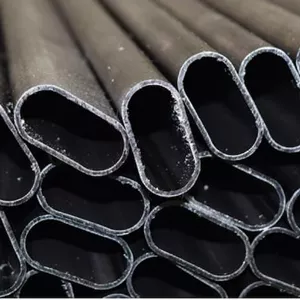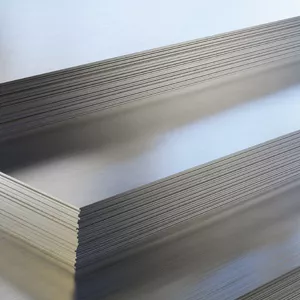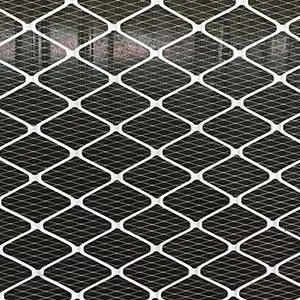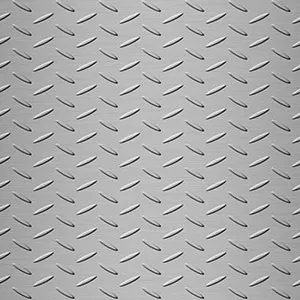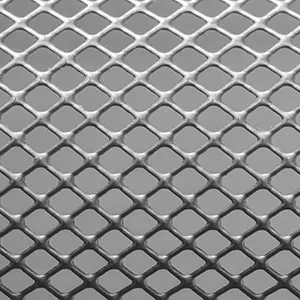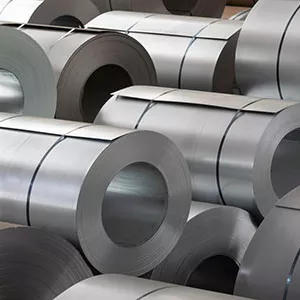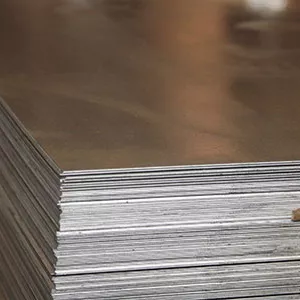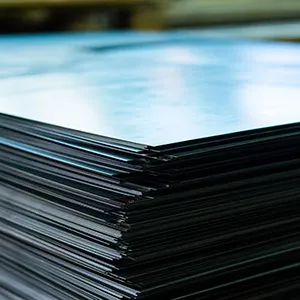
Industrial pipes are used in a wide range of applications from industrial facilities to construction projects. These pipes provide the necessary durability and performance in the production line while also offering cost-effective and sustainable solutions. Industrial pipe prices vary depending on several factors such as the quality of the steel used in production, the wall thickness, and the diameter of the pipe. At Deha Metal, we prioritize providing industrial pipes suitable for every project at competitive prices. Regardless of the quantity you need or the scale of your project, we prioritize transparent information sharing and quality service regarding industrial pipe prices.
How Are Industrial Pipe Prices Calculated?
In our company, when determining industrial pipe prices, we first consider the unit cost of the steel used in the production of the pipe. The length, wall thickness, and diameter of the pipe are the main factors determining the total weight. Then, the current market conditions are taken into account in calculating the price per kilogram of steel. Additional costs such as labor or transportation may also be reflected in the total amount depending on the technical specifications and quantity of the pipe you demand. Deha Metal learns the details of your project to conduct the most accurate cost analysis and offers you a tailored proposal.
The formula below reflects the basic principle frequently used in determining industrial pipe prices:
Price = Pipe Weight (kg) × Unit Price (TL/kg) + Additional Costs (TL)
The Pipe Weight (kg) value is calculated based on the wall thickness, diameter, and length of the pipe along with the density of the steel. The Unit Price (TL/kg) is directly affected by global and local market exchange rates, energy costs, and the supply-demand balance of steel.
What Factors Affect Industrial Pipe Prices?
Industrial pipe prices are closely related to global steel market conditions. Fluctuations in the prices of iron ore, scrap steel, or other alloys directly affect pipe manufacturing costs. Increases or decreases in exchange rates can cause price changes when imported raw materials are used. Additionally, technical specifications such as wall thickness and diameter influence the load-bearing capacity of the pipe, which can increase or decrease costs.
On the other hand, rising energy costs, labor expenses, and logistics costs also play a decisive role in prices. During periods of increased demand, pipe stocks may deplete quickly, creating a short-term upward effect on industrial pipe prices. Conversely, during periods of market stagnation, an oversupply can occur, and prices may remain more stable.
Deha Metal aims to offer its customers the most suitable industrial pipe prices by considering all these variables. Our expert team assists you in determining the ideal pipe type for your projects, and our budget-friendly pricing policies are always by your side. We aim to establish long-term partnerships by providing you with quality and economical solutions tailored to your needs.

 TR
TR

